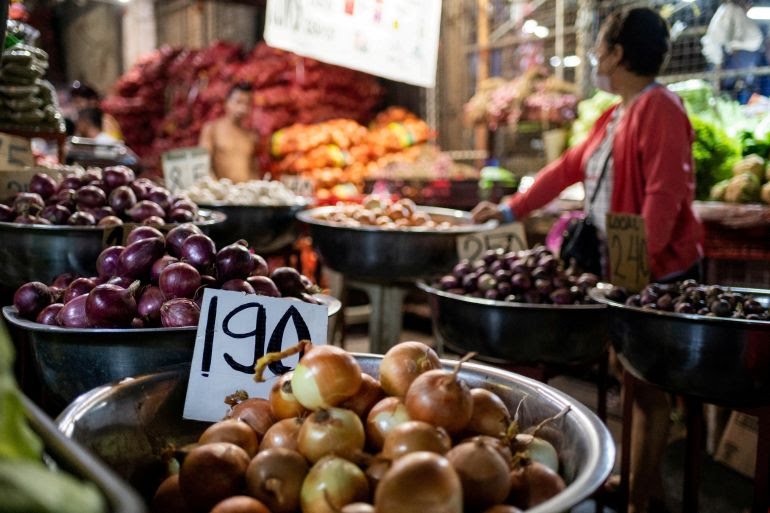Apart from war-torn Burma and socialist Laos, the Philippines is experiencing the fastest rate of price growth in Southeast Asia.
Inflation in February decreased slightly from the previous month to 8.6 percent, greatly exceeding that of Singapore, Malaysia, Thailand, Indonesia, and Vietnam.
Although while most households are cutting their budgets, lower-income families face a particularly challenging scenario.
According to government figures, households in the poorest 30% of the income distribution in the Philippines spend about 60% of their income on food. Compared to households in wealthier households who spend less than two-fifths of their income on food.
A particular version of the Consumer Price Index (CPI) that is used to assess the pressures on lower-income households.
Ability to maintain their standard of living shows that inflation in February was 9.7%, which was unchanged from the previous month.
According to Rosario Guzman, head of research at the IBON Foundation. An economic think tank, the Philippines is particularly susceptible to inflation.
As a result of a number of factors, including high consumption taxes and increased production and distribution costs due to the privatisation of public utilities.
The poor were particularly hard hit by the excise tax on all petroleum items that then-President Rodrigo Duterte imposed in 2018.
On top of the already-existing value-added tax (VAT) of 12 percent, according to Guzman.
The war in Ukraine and other outside forces, according to President Ferdinand Marcos Jr., are to blame for the country’s high petrol prices. He has rejected calls to suspend the VAT or excise tax on fuel.
The cost-of-living crisis, according to Jonathan Ravelas, managing director of eManagement for Business and Marketing.
Services and former chief market strategist of BDO bank, has shown the Philippines’ excessive reliance on imported food.
Rather than implementing a food security policy, Duterte just imported, according to Ravelas. “Marcos Jr. must now advocate for food security.”
Sadly, there is no quick fix for ensuring food security, and importation has its limitations, he continued.
Ravelas stated that even though the Philippine central bank increased its benchmark rate to 6.25 percent, more must be done to reduce inflation.















